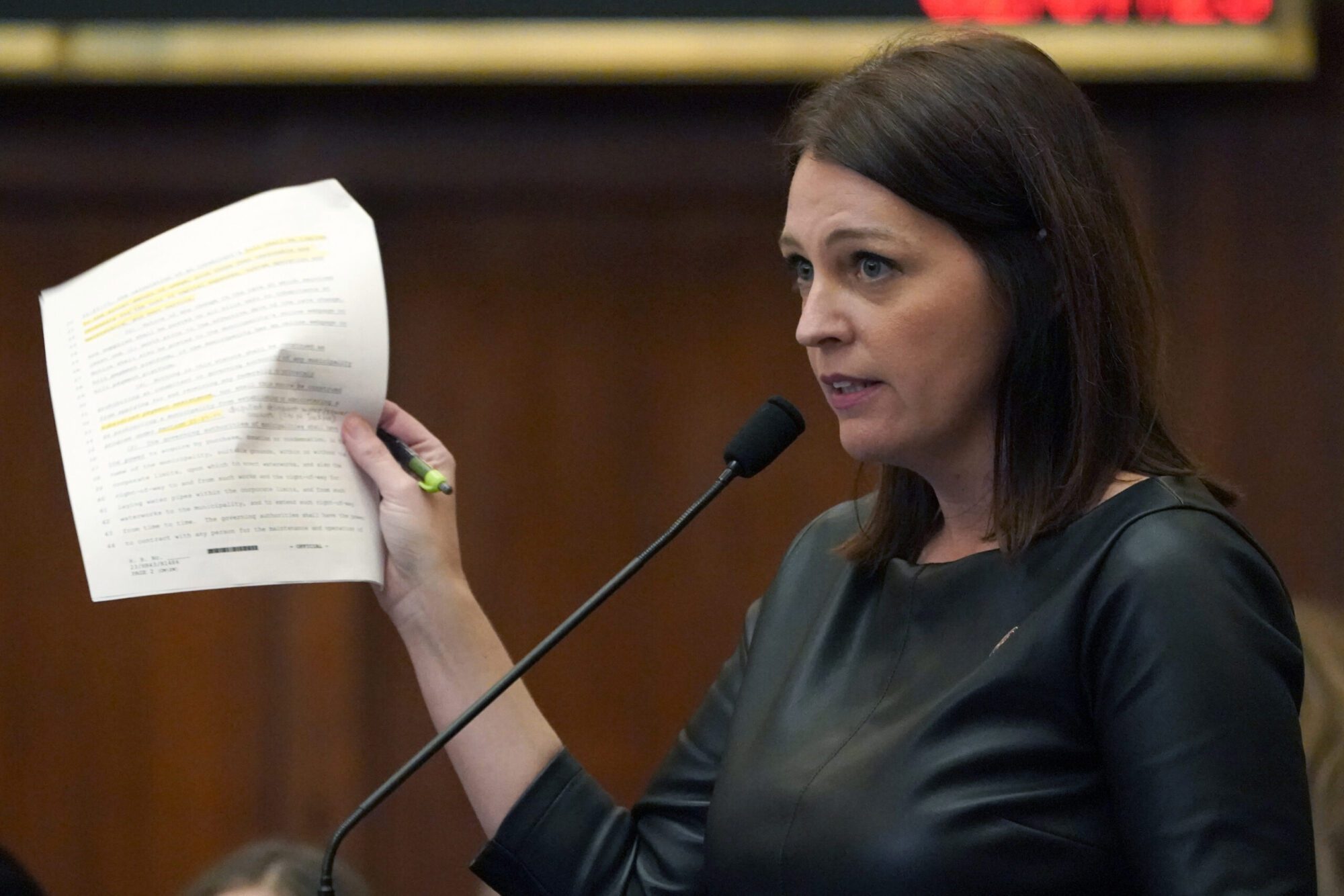
- The nearly $2 billion joint venture between Accelera by Cummins, Daimler Trucks & Buses, PACCAR and EVE Energy was approved for incentives from Mississippi earlier this year.
Amplify Cell Technologies is set to begin construction of a 21-gigawatt hour (GWh) factory in Marshall County, Mississippi, with potential for further expansion as demand grows.
The effort is a joint venture between Accelera by Cummins, Daimler Trucks & Buses, PACCAR and EVE Energy.
The companies announced the formation of Amplify Cell Technologies on Tuesday, saying the plan is to localize battery cell production and the battery supply chain in the United States. The strategic collaboration is meant to advance zero-emissions technology for electric commercial vehicles and industrial applications.
Kel Kearns has been named the new Chief Executive Officer of Amplify.
The Amplify Mississippi factory is expected to create more than 2,000 manufacturing jobs. The plant will produce differentiated lithium-iron-phosphate (LFP) battery cells.
Start of production is set for 2027.
As previously reported earlier this year, Mississippi lawmakers approved incentives for the nearly $2 billion project in January.
Coined “Project Poppy,” the package includes a $186.7 million grant that breaks down to $120 million of “inside the fence” reimbursements, $40.7 million for land stabilization and pad construction, $24 million for training, and $2 million for Mississippi Development Authority implementation and state agency expediting fund. This includes $250,000 in mandatory State Auditor fees.
READ MORE: Lawmakers approve economic development project for North Mississippi
The state also committed to a 10-year, 100% corporate income tax exemption, sales and use tax incentive on goods for construction made 12 months post-construction, $123.4 million value of local public infrastructure commitment, and $127.4 million for Phase II of the Mississippi Department of Transportation’s Eastern interchange work plus access road, if traffic justifies it.
In total, the project will receive $482 million in bonded money.











